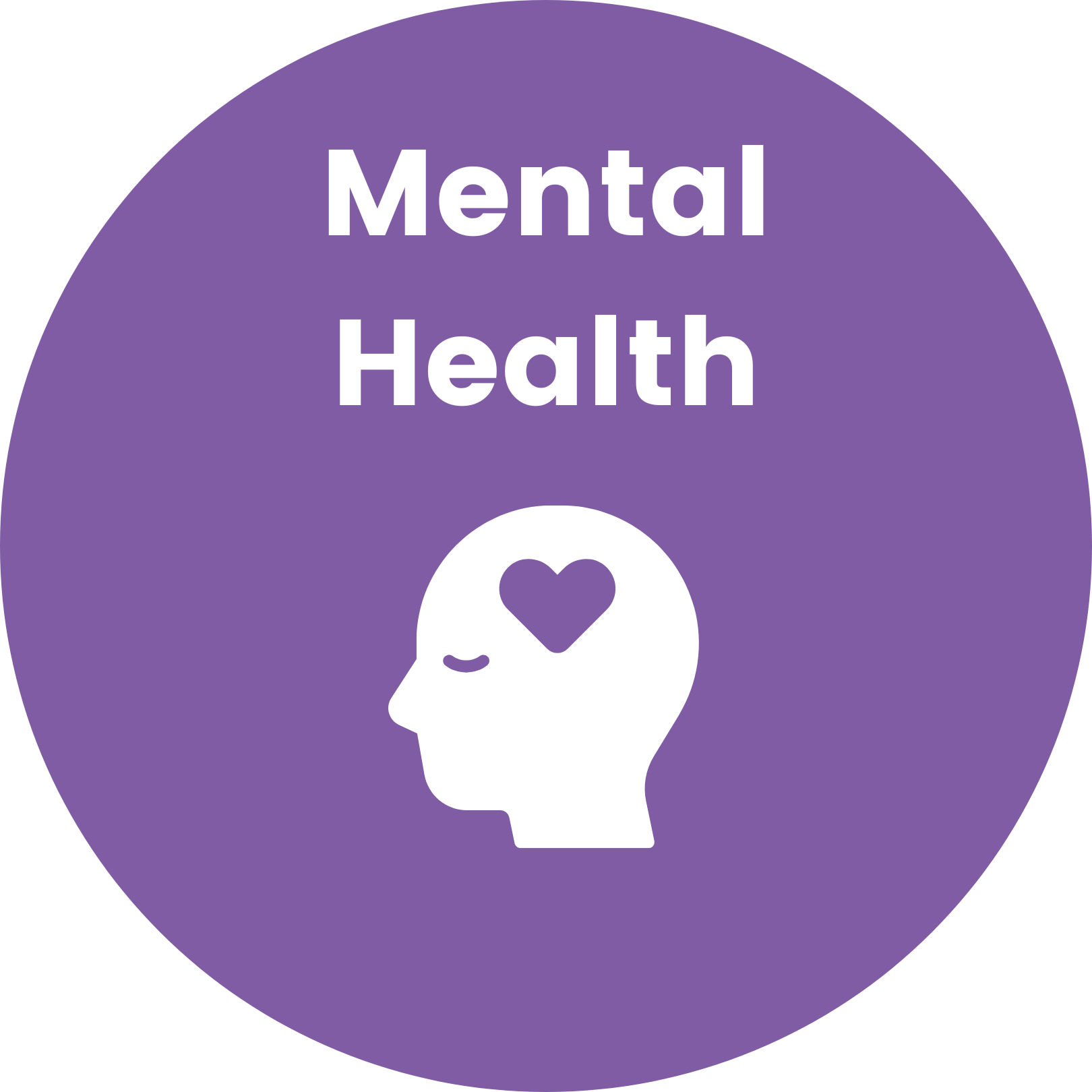Mental Health

The emotional wellbeing of children and young people is just as important as their physical wellbeing. Having good mental health is critical in allowing children to flourish and reach their full potential.
Mental Health Projects
Our nine-month project builds upon pre-existing work carried out by UNICEF in Ukraine in 2021-22 to use machine learning techniques to follow online mental health and well-being discourse among young people and adolescents. Our aim in this project is to take a more participatory approach with adolescents and young people.
Approximately half of all poor mental health conditions manifest by early adolescence, and available evidence suggests that around 10 to 20 percent of children and adolescents experience one of these conditions. However, serious data gaps remain around the magnitude of the problem, and what countries can do about it.
Mental Health Outputs
This report addresses the mental health and well-being of adolescents in Kazakhstan and Tajikistan through a comprehensive Digital Ecosystem Analysis. This initiative maps available digital resources that support adolescents through the provision of culturally sensitive and accessible mental health services.
Executive summary: We supported UNICEF in exploring innovative ways to understand online mental health and well-being discourse. Our project looked at using AI to identify online discussions of young people on mental health, combining focus group input, annotated datasets, and experiments with large language models (LLMs) in English and Russian.
This presentation, prepared by Dr Clare Llewellyn, a lecturer in Governance, Technology and Data at the University of Edinburgh, outlines the methods and key findings of our project with UNICEF which investigated developing a methodology for using AI to identify social media discussions on mental health and well-being from young people and adolescents.
Infographic: As part of our project focusing on developing a methodology for using AI to identify social media discussions of mental health and well-being, we ran a few youth engagement sessions together with UNICEF country offices in Kazakhstan and Tajikistan.
A paper introducing a collaborative, demand-driven methodology for the development of a strategic adolescent mental health research agenda.
This report is an output from our Mental Health project feasibility phase, aiming to establish foundational knowledge, requirements and frameworks, which will lead to developing replicable research methodologies.
The objective of the focus group discussions was to evaluate the ways that adolescents and young people interact with technology.
The outputs of a topic mapping exercise to understand priority areas for adolescent mental health, with a focus on measuring and monitoring.








